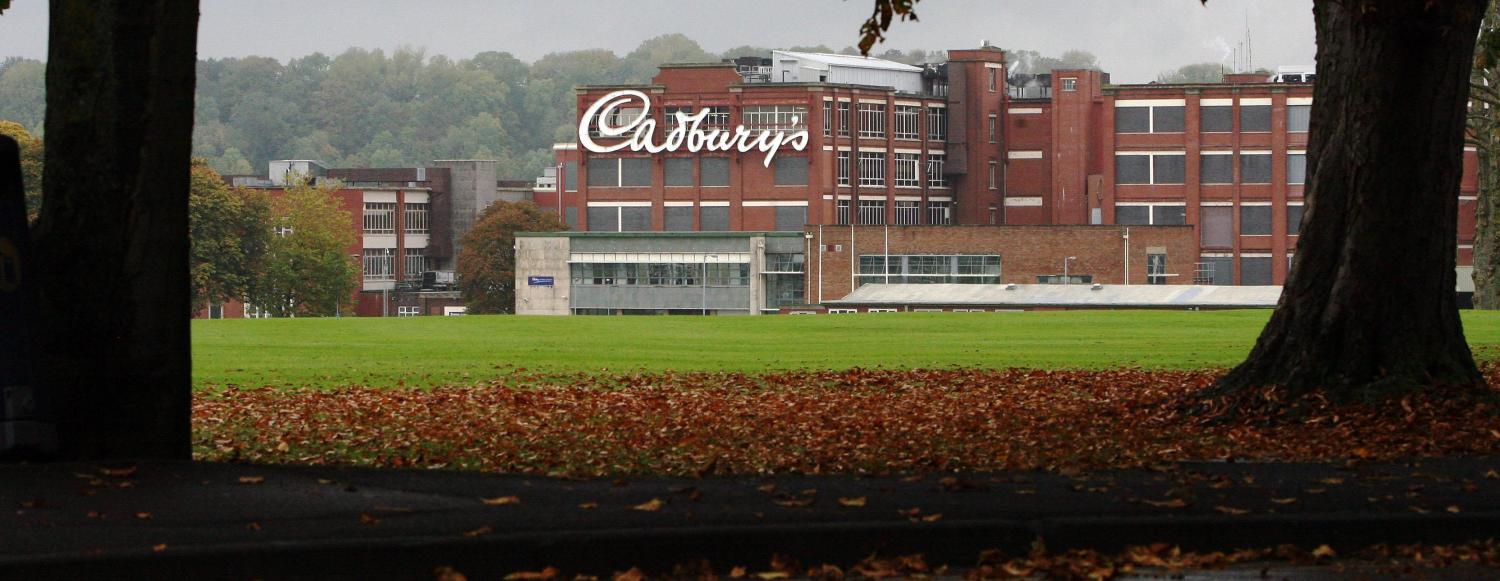As 2017 draws to an end, Lowy Institute staff and Interpreter contributors offer their favourite books, articles, films or TV programs this year.
James Meek’s ‘Somerdale to Skarbimierz’ (London Review of Books, 20 April 2017) was my written earworm in 2017. I found myself recommending the article again and again.
Meek explores both ends of a Cadbury chocolate factory (owned now by Kraft Foods) relocated from Bristol in the United Kingdom to Silesia, Poland. More than a trope about crestfallen workers and the greedy corporate outsourcing, Meek explores how the commercial and political rituals of globalisation have also forged a peculiar connection between otherwise completely disparate communities. The single market of the European Union made this relocation possible, yet in the background of the events is the rise of anti-EU sentiments in both locations: Brexit in the UK and the right-wing anti-EU Law and Justice Party in Poland.
The history of physical spaces permeates the essay. Skarbimierz was once the site of a Soviet airfield and is now a special economic zone after intrepid local politicians saw opportunity among the disused runways. Relocation costs were largely funded by selling the Somerdale factory site near Bristol for housing development. Dislocation is also present: Skarbimierz is a piece of an economic zone named for a town eighty miles away. The essay prompted me to wonder what a factory really is. A campus? A workforce? A community? Production lines? At Somerdale, in 2010 the production lines for Mini Eggs, Curly Wurly, Picnic, and Double Decker, among others, were trucked one thousand miles east to a new, casualised workforce.
Meek wants to demonstrate modern capitalist enterprises may have retained their name and beloved products, but in the search for efficiencies have detached themselves from the creature comforts and consumerist desires upon which the enterprise ultimately depends. Unsurprisingly, the Polish inheritors of the Crunchie machines are less secure in their work.
The example of the business of selling chocolate proves particularly illustrative; a Somerdale worker since the late-1970s recalled that a chocolate bar made by the factory for over a century was popular with coal miners because when dipped in hot tea, the melted glucose helped push coal dust down their throats. Meek ends the essay with a wry nod to coming automation, observing if robots can eat chocolate too.
